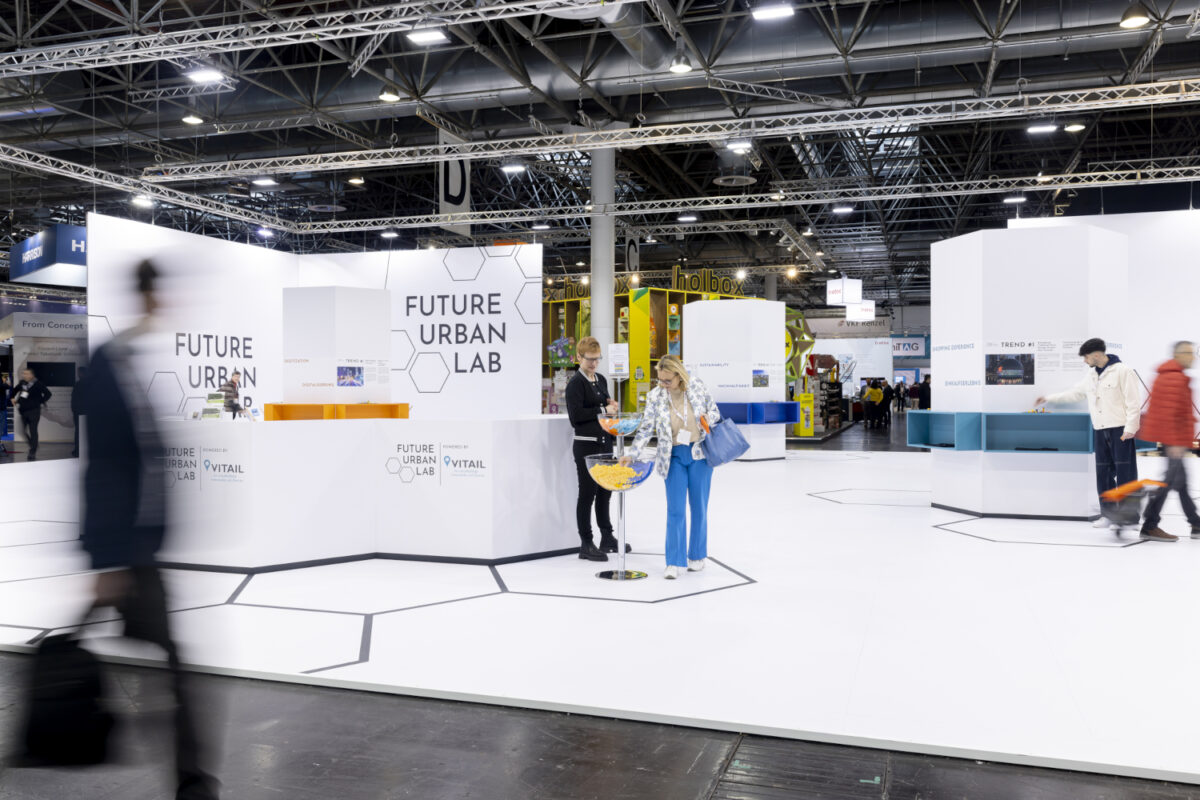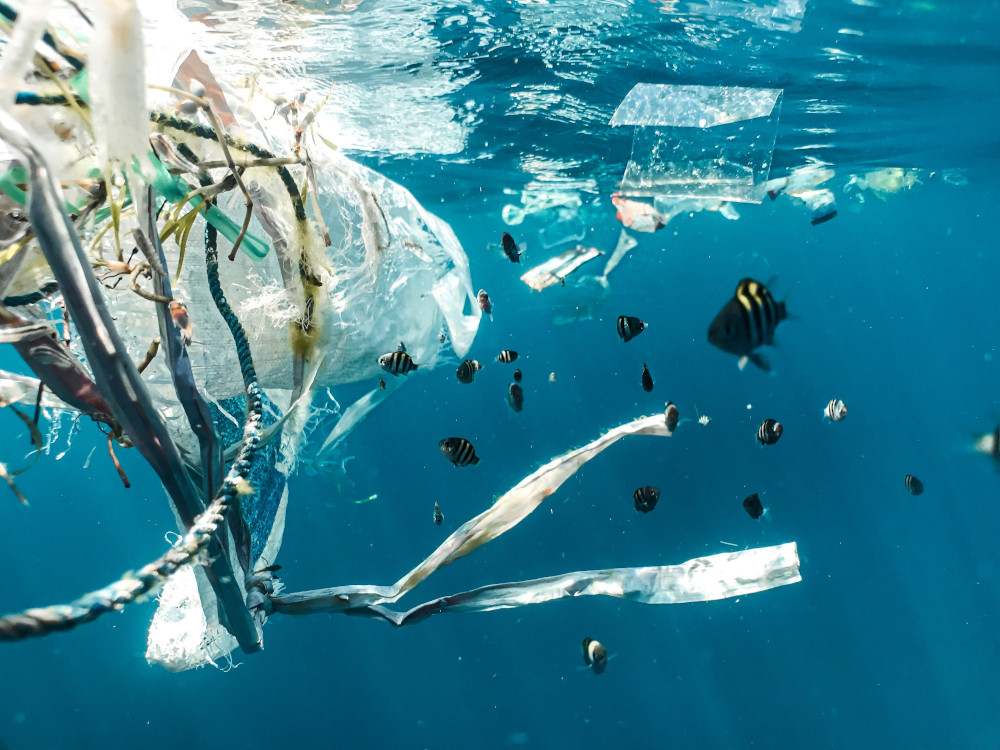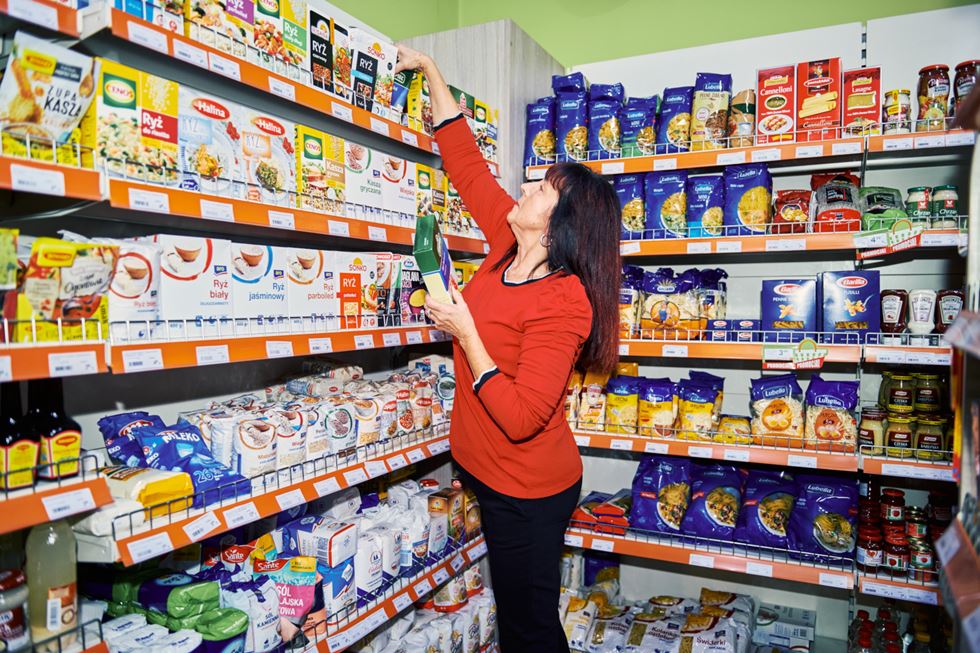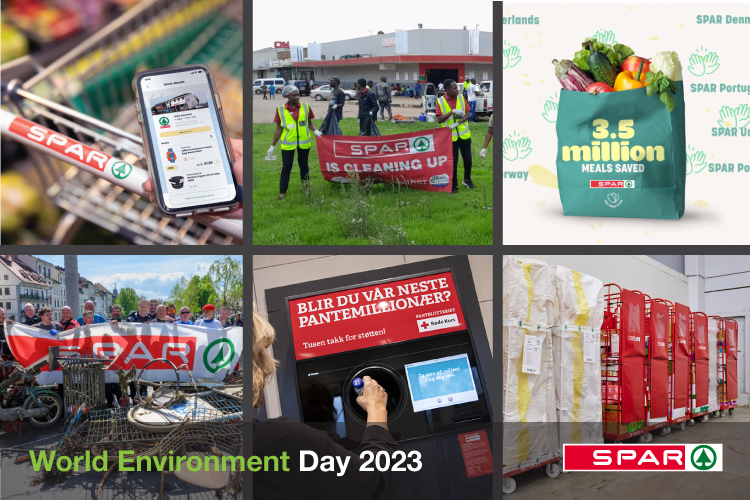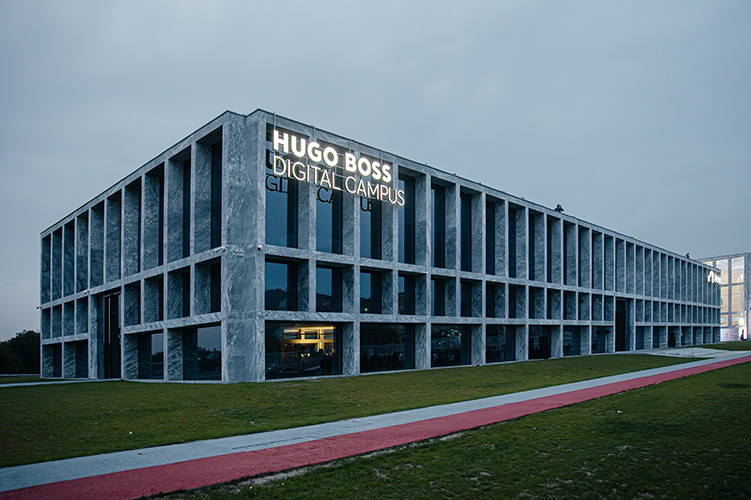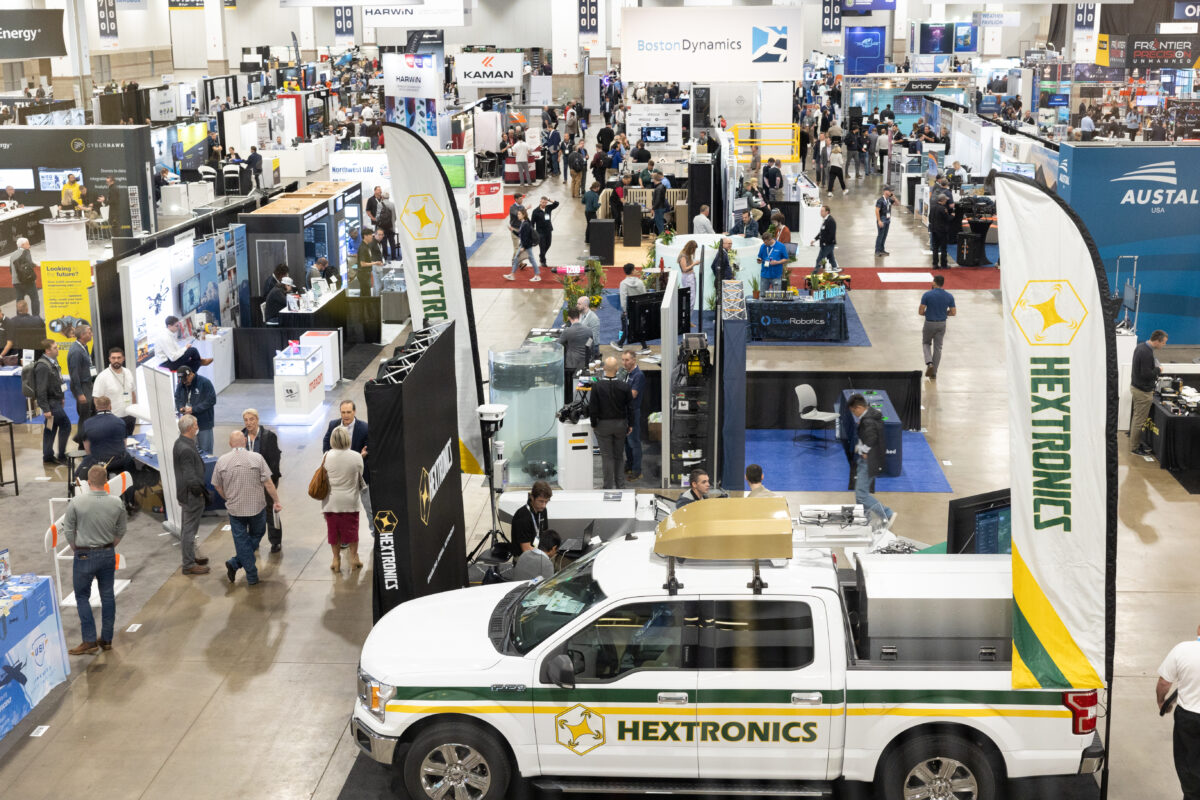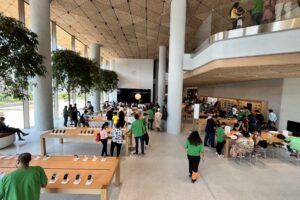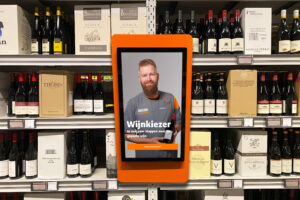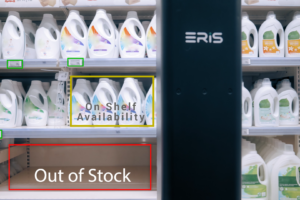Markus Adler of Code Gaia on legislation, CO2 emissions and the importance of transparency
by Julia Pott (exclusively for EuroShop.mag)
The critical view of CO2 emissions and many other sustainability issues is increasing. Soon, no one will be able to avoid taking appropriate measures and communicating them.
To support retailers, many solutions are being developed as well. Markus Adler, CEO of Code Gaia, gives tips on how retailers can approach the topic of sustainability and which systems are available to help them develop and measure their implementation strategies.

Markus Adler ist Co-Founder und CEO von Code Gaia. Das Start-up Code Gaia ist Teil der LIGANOVA Gruppe.
© Marc Schultheiß
Markus, Code Gaia and Liganova have entered into a partnership. How did this come about?
LIGANOVA has decades of expertise in retail and brand experience. The company knows exactly how to create holistic and sustainable brand presences. Over the last three years, the company has been particularly dedicated to transforming retail into a more sustainable industry. And that’s where we started talking.
At Code Gaia, we’ve been addressing the pressing question since 2020: How can corporate sustainability be accelerated, as well as made measurable, transparent and provable? Our answer is a software solution for sustainability analysis, optimization and reporting.
Our goal is to create a transformation to more sustainability, and to do it all data driven. In our eyes, this is the only way to take the first and most important step towards authentic sustainability transformation and communication.
We have now combined this know-how under one roof: together, we have created a turnkey solution that optimally captures all facets of retail while not ignoring the wow effect for an impressive brand presence.
This partnership already hints at it: The topic of sustainability includes not only the measures, but also successful external communication – keyword: greenwashing.
That’s right, it involves talking about it and communicating authentically: Where are we doing well already? In which areas do we still have a way to go?
The most important thing here is transparency: honest and open communication. No one expects all companies to already have the perfect carbon footprint, but goals should be set. It’s also important to communicate with stakeholders because that’s what creates credibility. In my experience, those who don’t engage in real dialog slip into greenwashing.
Why is sustainability a topic that entrepreneurs should address?
Sustainability is increasingly becoming very important from a regulatory perspective. Based on EU targets, some legislation is being implemented in the states. Examples are the Supply Chain Act, the Corporate Sustainability Reporting Directive for sustainability reporting, the EU Taxonomy Regulation for more sustainable investments and so on.
In addition to the demands of end consumers, the search for skilled workers is also part of this: For young talents on the labor market, the topic of sustainability is very important.
The topic of sustainability will also play a central role at EuroShop, The World’s Leading Retail Trade Fair. At the exhibitors’ booths, during the presentations on the Stages and while experiencing the special areas, the Hot Topic Sustainability will be much discussed, along with other current issues.
What is the role of the retail sector in this?
The retail industry offers an exciting opportunity to make sustainability tangible for end consumers and to enter into dialog with them. In addition, according to a study by the German Retail Association HDE, the retail sector in Germany alone is responsible for 10.5 megatons of CO2. There is still a lot of potential for optimizing sustainable business practices there.
As a brand, I can interact with my customers on site and present it to them in a tangible way:
- What path am I on in my sustainability transformation?
- How is this reflected in my product range?
- How can I make my store more sustainable?
- How can I get involved in the circular economy issue?
- How am I trying to reduce my carbon footprint?
It’s important to develop a consistent sustainability strategy. Patagonia does this very well, for example, but so do other outdoor and sporting goods manufacturers.
What kind of solution do you offer to address the issue of sustainability in companies?
We support companies with an intuitive web-based software solution. It collects various sustainability KPIs, i.e., in the environmental, social and economic areas. And it enables the rapid generation of standard compliant ESG reports* or sustainability reports, thus ensuring transparency.
Liganova’s goal is to build holistic sustainability solutions that cover the entire spectrum of Liganova’s services to ensure sustainable brand and retail transformation.
These sustainability solutions from Liganova are now complemented by the new CO2 software for retail, which we will present at EuroShop 2023. We are currently working with first pilot customers to gather customer feedback and meet the needs of retailers.

© Unsplash/Matthias Heyde
Please give us a sneak preview of this CO2 software.
The Retail CO2 calculator is the first product of its kind on the market. With this “Green Gen Calculator” retailers can analyze their CO2 emissions in great detail and realize optimization potential based on this. It is a web-based solution that can be used to manage the CO2 data of various different projects in one’s own retail business.
To cover the whole spectrum, we develop various modules: these range from store operations, energy management and lighting to advertising campaigns, event marketing and logistics.
In this regard, we bundle all raw data fed in by the suppliers and stakeholders involved and generate a holistic overview of all CO2 emissions in the retail sector.
How is this data collected?
On the one hand, we tap into existing data pools in companies, such as energy management systems in stores or cumulative energy data.
On the other hand, we are also building an interaction platform for suppliers so that they can enter their emission values and their reduction measures.
The basis for all this is collaboration and a common interest in transparency?
Exactly. We currently feel that very many stakeholders are willing to do this and that there is an interest in going into detail. This collaboration is essential, as some information needs to be shared among each other in order to ascertain the status quo and optimization potential for everyone.
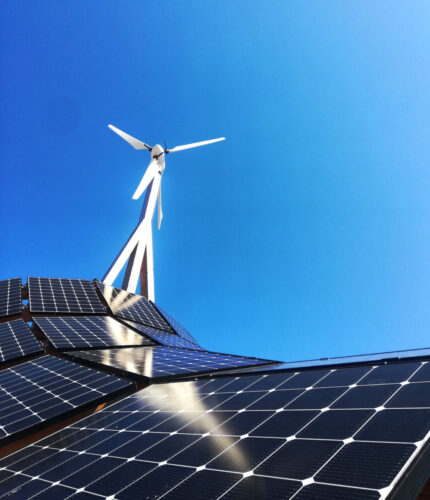
© Unsplash/Nazrin Babashova
Do you have any tips for retailers who are new to the topic?
You should look at the entire value chain. That’s a challenge, but that’s exactly what we’re working on our solution to do.
I also recommend that when you’re first gathering figures on your own status quo, you compare yourself with other organizations to see where you stand. Public sustainability reports from companies help with this. Optimization measures in the industry are also often reported on, so you can get inspiration there.
A “quick win” can be to discuss green power options. Can I use solar energy? Can I rely on green power providers? Because that immediately sets Scope 2 emissions, i.e., emissions by energy suppliers, to zero, so you have a quick improvement in your carbon footprint.
My most important advice would be to just start. Anything is better than doing nothing. Almost every company still has a long way to go here.
* ESG stands for Environmental, Social and Governance and is intended to provide criteria that make the sustainability of an organization assessable.







